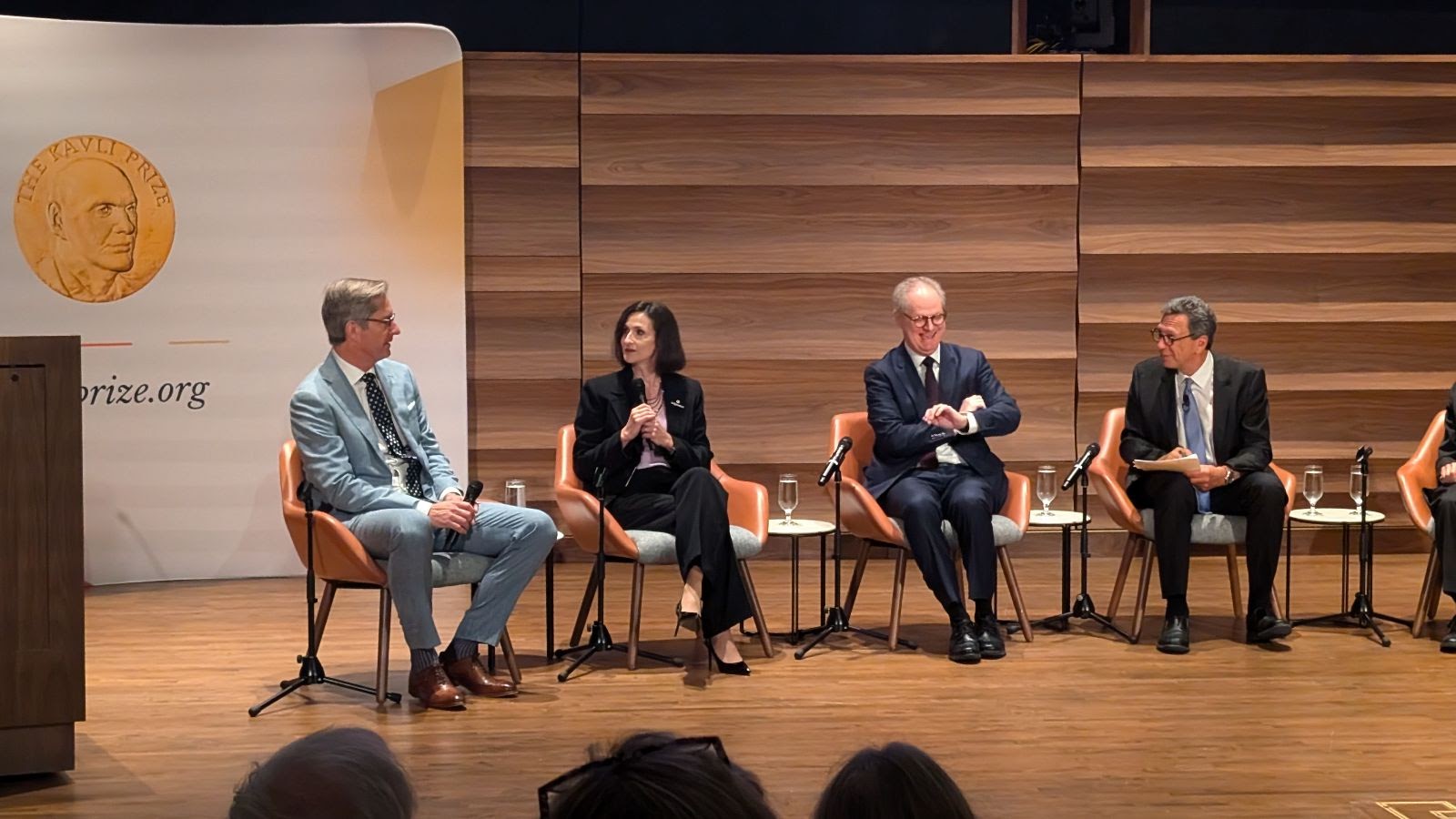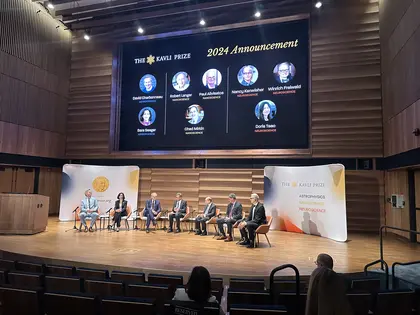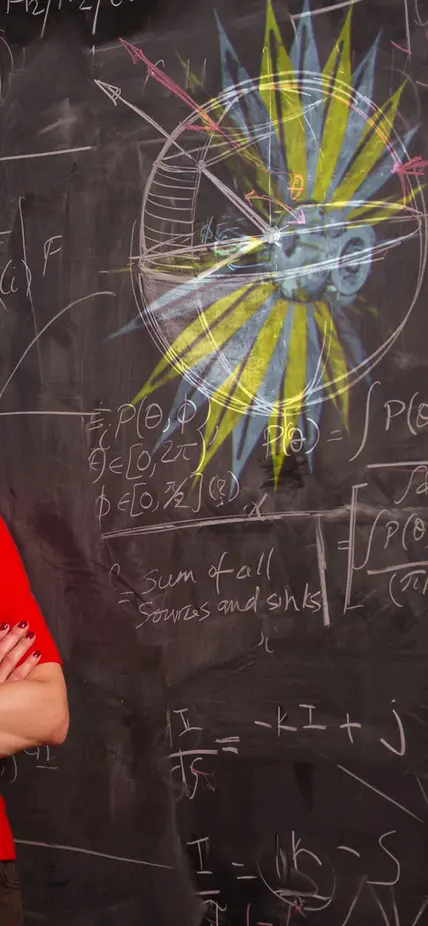Washington, D.C.— MIT Professor Sara Seager—a pioneer in the search for evidence of life on other planets who spent four years as a Staff Scientist at Carnegie Science’s Earth and Planets Laboratory—is a recipient of the 2024 Kavli Prize in Astrophysics. She shares the award with Harvard University’s David Charbonneau. They were selected for their groundbreaking work on the discovery and characterization of exoplanets and their atmospheres.
“Congratulations to Sara for this well-earned honor,” said Carnegie Science President Eric D. Isaacs. “We are proud to have been a home for Sara’s early research. Carnegie’s purpose is to enable great discoveries by empowering scientists to be bold and follow their curiosity. This Prize recognizes her remarkable research breakthroughs, and she continues to advance our understanding of exoplanets and their atmospheres. Carnegie Science was one of the earliest institutions investing in exoplanetary research. Today, our scientists continue to work at the forefront, using our Magellan telescopes and NASA's James Webb Space Telescope to study exoplanet atmospheres and probe their diverse formation and evolutionary trajectories. Among them is Dr. Paul Butler, whose work in the development of the radial-velocity method has led to the detection of dozens of exoplanets."

Since the first awards in 2008, The Kavli Prize has recognized innovative scientific research in three areas—astrophysics, nanoscience, and neuroscience—transforming our understanding of the big, the small, and the complex. The 2024 laureates were announced at a ceremony in Washington, D.C., and will be celebrated in Oslo in a series of events presided over by the Norwegian Royal Family in September.
Early in her career, Seager determined through theoretical models that information about a planet’s atmosphere could be gleaned during its transit in front of its host star. She developed a framework that is still used today. She has also made foundational contributions to other aspects of exoplanet characterization and is particularly focused on the detection of biosignatures on other worlds.
“Humans have always looked towards the stars for discoveries,” said Astrophysics Committee Chair Viggo Hansteen. “The pivotal research conducted by Seager and Charbonneau has been an important first step towards finding new planets and strong evidence of life elsewhere in the universe.”

Seager is also involved in several space-based exoplanet endeavors, including: leading a Venus Life Finder mission concept study funded by the Breakthrough Foundation; serving as the Deputy Science Director for NASA’s Transiting Exoplanet Survey Satellite, or TESS, mission; being the principal investigator for the JPL/MIT CubeSat ASTERIA, a prototype intended to be the first of a planned fleet of nanosatellites; and leading the Starshade Rendezvous Probe Mission to find a true Earth analog orbiting a Sun-like star.
Seager is the Class of 1941 Professor of Planetary Science, Professor of Physics, and Professor of Aeronautics and Astronautics at the Massachusetts Institute of Technology. She served as a senior research staff member at Carnegie Science from 2002-2006, which was one of the only institutions investing in exoplanet research at that time. This was preceded by three years as a postdoc at the Institute for Advanced Study. She received a doctorate from Harvard University and a bachelor’s from the University of Toronto. Seager is a National Academy of Sciences member and a 2013 MacArthur Fellow.
The Kavli Prize is a partnership among The Norwegian Academy of Science and Letters, The Norwegian Ministry of Education and Research, and The Kavli Foundation (USA). Three one-million-dollar prizes are awarded every other year in each of the three fields. The Norwegian Academy of Science and Letters selects the laureates based on recommendations from three independent prize committees whose members are nominated by The Chinese Academy of Sciences, The French Academy of Sciences, The Max Planck Society of Germany, The U.S. National Academy of Sciences, and The Royal Society, UK.
